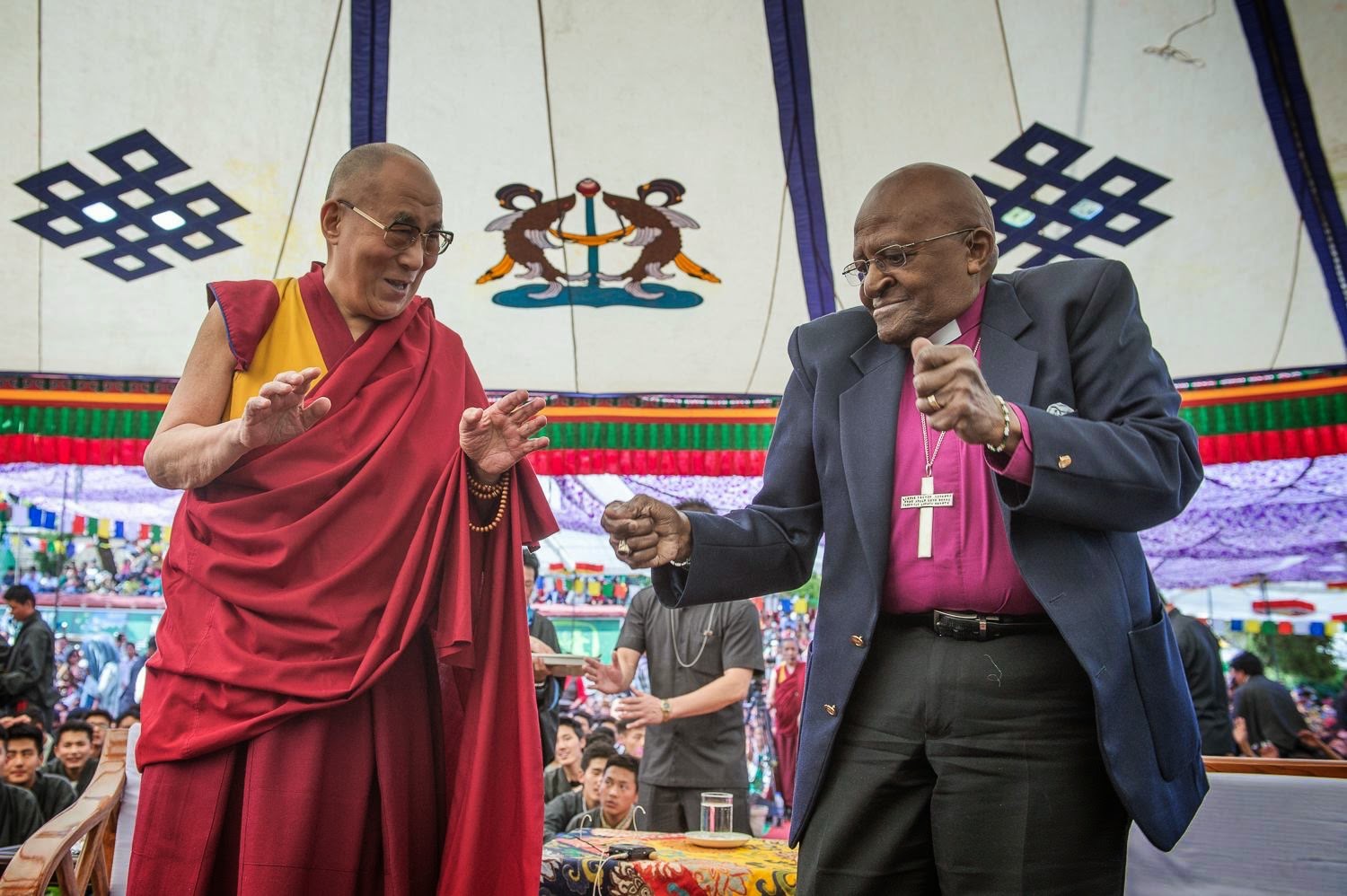I have just finished reading Marilynne Robinson's last novel, Lila, and as with each of her previous novels, I am freshly and thoroughly gobsmacked.
It's a stupendously ambitious novel, wrestling with the great questions of existence - as in, Why? What possible meaning does any of this have? What is the point of all this? And of course, what kind of God allows such withering suffering?
Poignantly, and with breathtaking assurance, Robinson answers these questions by telling a story about what happens when guilt meets love, grace meets dread, shame meets mercy, and a natural atheism meets a faith that precedes words or thought.
Brilliantly, Robinson takes on these questions not from the perspective of a theologian or a preacher, but from the barely literate perspective of Lila - a neglected and abused child who manages to survive the Depression as a homeless migrant laborer, a prostitute, and finally, as the unlikely young wife of an elderly preacher.
Robinson's genius is her ability to communicate abstract and nuanced theological ideas by eschewing abstraction almost entirely. Her vivid poetic imagery communicates the truth beneath all words or conscious knowing. Her Lila is not educated, but she is devastatingly insightful. The reader is swept into her wondering world, and finally, into her understanding, with just the right amount of interpretive help given by John Calvin and her "old man" preacher/husband, John Ames - Robinson's worthy stand-in for God.
Robinson has studied Calvin deeply, and has become his modern-day apologist. At a writer's conference I attended a few years ago, she addressed the many ways in which Calvin had been misunderstood, and argued for a fresh reading of his astonishing mystical depth. I, and many of my companions at the conference, were surprised by her direct and unabashed apologetics. I never studied Calvin deeply, having swallowed the liberal "party line" on him - that he was severely judgmental and rigidly dogmatic. (I mean, after all, his most famous work was called Church Dogmatics! Nuf said!) But Robinson may be one of the few beings on the planet intelligent enough to drill through Calvin's abstractions to mine his great mystical treasures - and in her fiction, she communicates, through astonishing poetic imagery, not only the experience of God's grace, but a sensible representation of exactly how it all makes sense. This is a literary and theological achievement of a very high order. I can think of no one, short of John Updike, who has translated dry theology into such powerful literature.
Students of Zen, like me, will also be moved by passages like this, which sound like nothing short of Awakening. Robinson's depth of insight suggests that, when you follow authentic spiritual experiences to their ground, great traditions merge:
"Most of the time [Lila] thought she understood things better when she didn’t try. Things happen the way they do. Why was a foolish question. In a song a note follows the one before because it is that song and not another one. Once, she and Mellie tried to count up all the songs they knew. How could there be so many? Because every one was just itself. It was eternity that let her think this way. In eternity people’s lives could be altogether what they were and had been, not just the worst things they ever did, or the best things either. So she decided that she should believe in it, or that she believed in it already."
Passages like this give us delicious material to ponder for a lifetime. I've read and re-read Robinson's two other Gilead novels, and almost like Scripture, they have returned rich meaning with every return. I'm sure that will be the case for Lila as well.


